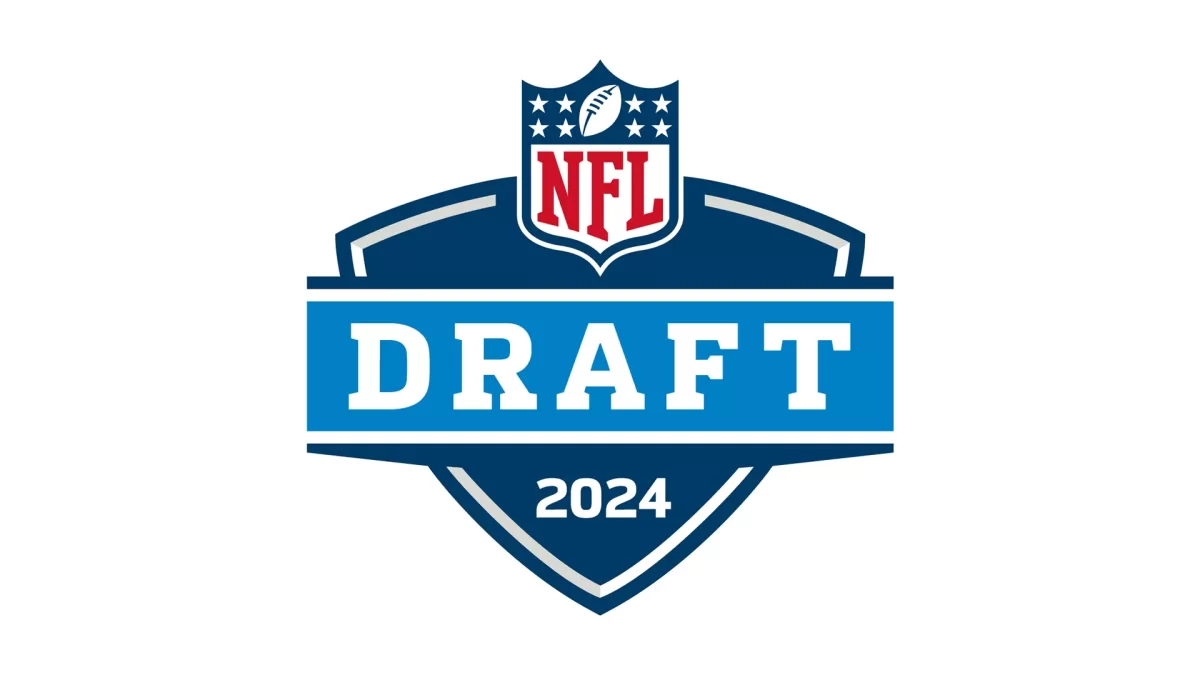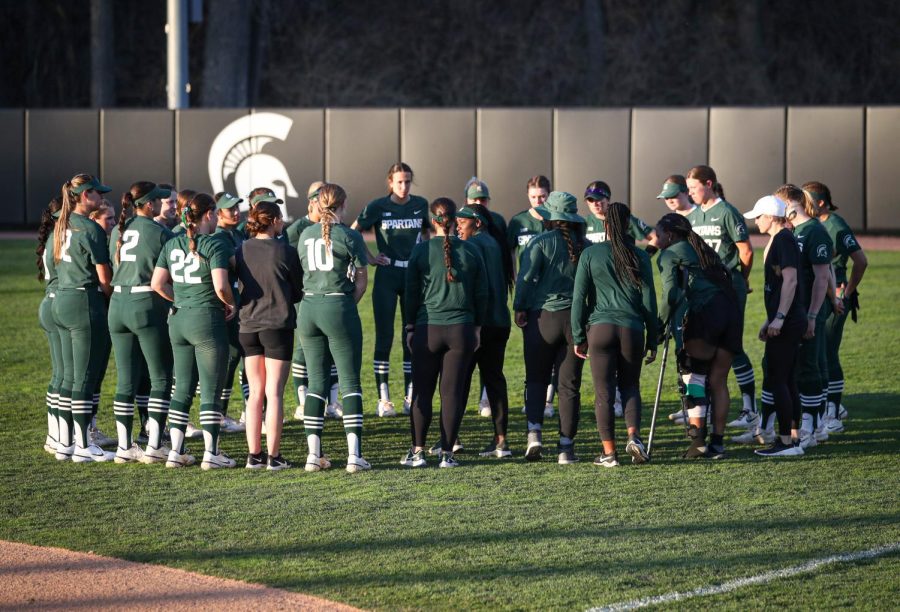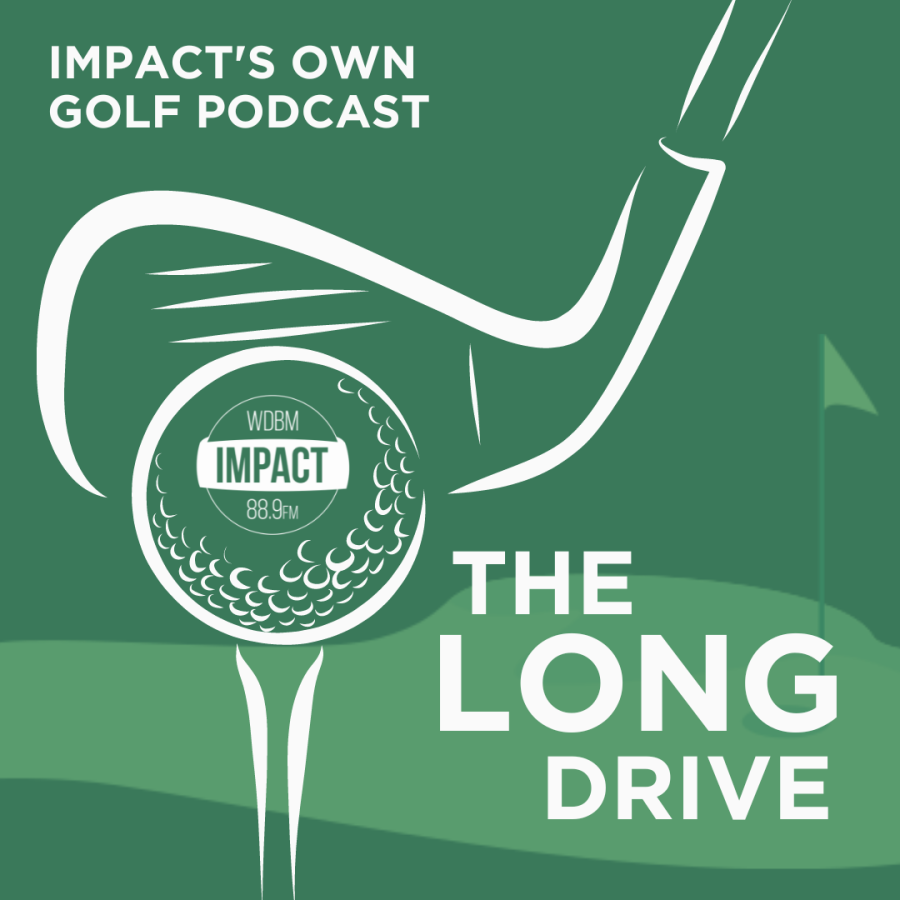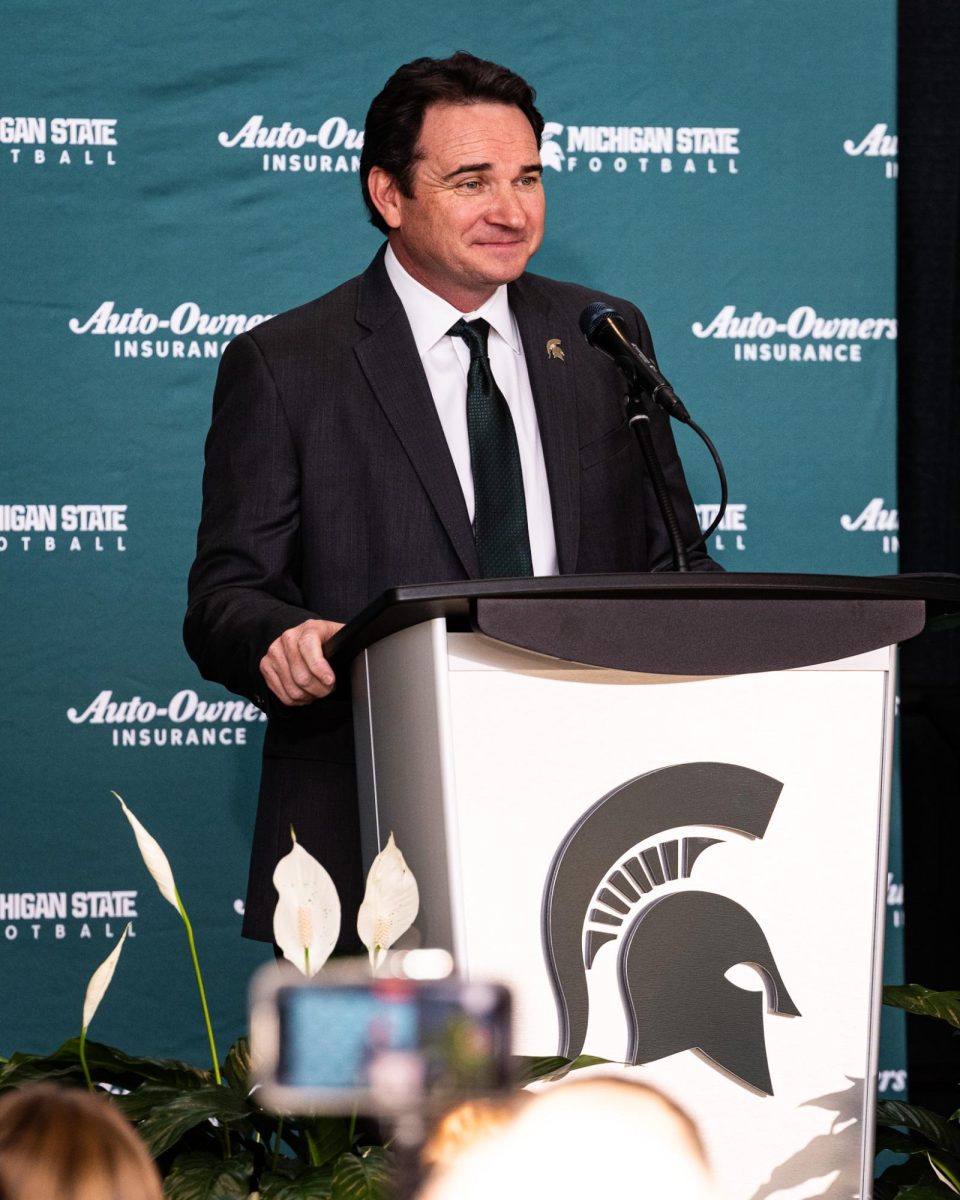1.7 percent.
Those were the odds the Chicago Bulls had of winning the 2008 Draft Lottery. 1.7 percent.
I vividly remember waking up on May 21, 2008 and turning on SportsCenter before I left for school, as I did every morning. The top story on that morning: the Bulls had won the lottery and were now in possession of the No. 1 overall pick in the NBA Draft. That first pick meant something huge for the Bulls and the city of Chicago. Derrick Rose was coming home.
Fans of the NBA, not just Bulls fans, knew from his high school and college careers that Rose was something special. What was not foreseen, however, was how quickly his rise and fall would come.
Rose grew up in the Englewood, a tough neighborhood on the South Side of Chicago. The youngest of four basketball-playing brothers, Rose’s talent at a young age gained a lot of attention from both high school and college scouts. He attended Simeon Career Academy, a Chicago basketball magnate whose alumni also include Jabari Parker, Bobby Simmons and Nick Anderson, whom he led to back-to-back Illinois state championships in 2005-06 and 2006-07. Rose led Simeon to a 120-12 record during his time there and was named Illinois Mr. Basketball and a McDonald’s All-American during his senior year.
Rose burst onto the college basketball scene as a freshman point guard at Memphis under coach John Calipari in the 2007-08 season. He finished the season averaging 14.9 points, 4.7 assists and 4.5 rebounds per game as Memphis finished as Conference USA champions with a 33-1 record and a No. 1 seed in the NCAA Tournament. Memphis’ run lasted until the NCAA Championship game where they lost 75-68 to Kansas in overtime. Shortly after, Rose announced his decision to forgo the rest of his college career and enter the NBA Draft.
Prior to the Draft Lottery, Rose competed for the projected No. 1 pick with Michael Beasley from Kansas State. When the Bulls surprisingly won the lottery, it was all but certain they would select the hometown boy Rose.
The Bulls ended up drafting Rose with the first overall pick in the 2008 NBA Draft, sending shockwaves of excitement through Chicago. Newspaper front pages welcomed him back home, red and white jerseys with “Rose” and the no. 1 on the back of them flooded stores and shops, posters of him were hung up in basements and bedrooms (mine included), but worry of the frenzy outweighing his performance began to creep up on fans.
That worry did not last.
Rose scored 10 or more points in his first 10 games, the first Bulls rookie to do that since Michael Jordan. He won three Rookie of the Month awards and the Skills Challenge at the 2009 All-Star Weekend, the first rookie to do so, all leading up to winning the 2009 NBA Rookie of the Year Award.
Following an All-Star 2009-10 season, where the Bulls finished 41-41, Rose led the Bulls to a league-best 62-20 record during the 2010-11 season. His campaign of 25.0 points, 7.7 assists and 4.1 rebounds per game earned him the NBA Most Valuable Player Award at 22 years-old, the youngest ever to do so. Not only did the Bulls claim the top playoff seed in the Eastern Conference, but Rose’s development into one of the best players in the league granted Bulls fans newfound hope for the franchise. The Bulls had not had a star central player to build their franchise around since Michael Jordan left the team in 1998.
Rose was an enthralling player to watch at this point in his career. Whether he was driving quickly and explosively to the net, skillfully finding open players or hitting clutch shots from anywhere on the court, Derrick Rose quickly became one of the most fun players to watch in the NBA. Despite bowing out of 2011’s playoffs after an Eastern Conference Finals matchup against LeBron James and the Miami Heat, Bulls fans were still confident that their MVP was a promising start to a revival of a once-heralded dynasty.
Then 2012 happened.
Various injuries plagued Rose’s season prior to his MVP win. He played a career-low 39 games but was able to return in time for the Bulls opening playoff series against the Philadelphia 76ers. The first game of the Bulls’ playoffs still stands as one of the most infamous in Chicago sports history.
After driving to the hoop and planting on his left foot, Rose came up clearly in pain. An MRI revealed that Rose had torn his ACL and would be out for the remainder of the playoffs. Surgery was performed later that spring, but the 8-12 month recovery time meant that Rose would also miss the entire 2012-13 season as well. Rose spent that time recovering from surgery and tirelessly rehabbing his knee to the point that by preseason for the 2013-14 season came, Rose felt even better about his body than he had before the injury.
Just when things were looking to get better, however, they got even worse. Only 10 games into the 2013-14 season, Rose tore his meniscus in his right knee once again ending the entirety of his season.
After having appeared in only 49 games from the 2011-12 to 2013-14 seasons, Rose played in 51 games in the 2014-15 season, though he picked up a few more injuries (including another tear to the same meniscus as his 2013-14 injury). Despite a first-round playoff victory over the Milwaukee Bucks and a great buzzer-beater three-pointer to take a 2-1 series lead against the Cleveland Cavaliers in the Eastern Conference Semifinals, the Bulls again were sent home from the playoffs at the hands of LeBron James.
The 2015-16 season, Rose’s final as a Bull, saw him play 66 games, the most he had played in one season since his 2010-11 MVP season. He recorded career lows in points (16.4 per game) and assists (4.7 per game) as the Bulls finished with a 42-40 record and missed the playoffs for the first time since the 2007-08 season, all under new head coach Fred Hoiberg. With Rose’s value and on-court performance fading, anticipation of him leaving the Bulls made its way into the news. Finally, the Bulls traded Rose along with Justin Holiday to the New York Knicks for Robin Lopez, Jerian Grant and José Calderón. The man who once seemed like the future and cornerstone of the Chicago Bulls was now on his way to New York.
Rose played 64 games for the Knicks in 2016-17, averaging 18.0 points, 4.4 assists and 3.8 rebounds per game before once again hurting his knee, this time tearing his meniscus in his left knee. Four knee injuries in nine NBA seasons left Rose as more of a liability than a commodity and on his way out of New York after just one season.
This all leads to the current NBA season. Rose signed with the Cleveland Cavaliers during the offseason, eager to reach the NBA Finals for the first time in his career. The start to his season, however, has looked very similar to his injury-cursed career. Rose has only appeared in seven of the Cavs’ 26 games so far this season, partially due to a sprained left ankle. It was reported last week that Rose has taken a leave of absence from the Cavaliers to recover from his injury and determine whether or not he wants to continue his NBA career. Rose revealed on Dec. 8 that in addition to his sprained ankle, he has a bone spur in his left ankle which could potentially require yet another surgery. Despite being in dire need of guards due to additional injuries to Isaiah Thomas and Iman Shumpert, Cleveland has been patient with Rose and his decision to mull over his future.
The Derrick Rose ordeal is complicated for fans and supporters of the teams he has played for. People who have watched him throughout his career have seen a long progression of potential, promise, stardom, domination, injury, injury, slight resurgence, injury, injury and heartbreak. It is easy for fans to point fingers at Rose and scold him for wasting teams’ money and roster space, that he is “made of glass” and unreliable at only 29 years-old.
Voices from those same newspapers welcoming Rose home in 2008 have now turned their backs on a player who gave his all, mentally and physically, to the game he loved and the places he played. Any person with access to a microphone or a Twitter account can make negative remarks about a man who never chose to have his career worn down with injuries, especially one that was full of potential and in the middle of a very hot spotlight. Whether or not Rose’s injuries can be attributed to physical decline or a mental foreboding of a repetition may never be known when people look back on his career when it ends, regardless of if that happens next week, the end of this season or another five years from now.
It is not arguable that injuries have caused Rose’s career to derail at times to the point he is at now, but it is not the only problem he has faced. Writers and fans who believed in his abilities when he came out of Memphis as a 19 year-old rookie have become so quick to turn him into a joke and a spectacle of “what could have been.” Though it may be easier to disregard a player’s emotions in an era where athletes are treated as game pieces and expected to act that way as well, that does not make it any less intrusive to a player’s psyche.
There could still be something left in Rose’s tank. There could be another injury waiting for him if he does decide to continue his career. If he throws in the towel, he could very well be saving himself from further damage to his body at a young age. That decision is nobody else’s but his, as it should be. It is important, though, to respect whatever outcome he decides.
It is not time to criticize. It is not time to give in to the demoralization of a player and human being. It is not time to listen to those voicing volatile opinions.
It is time to listen to Derrick Rose.






























